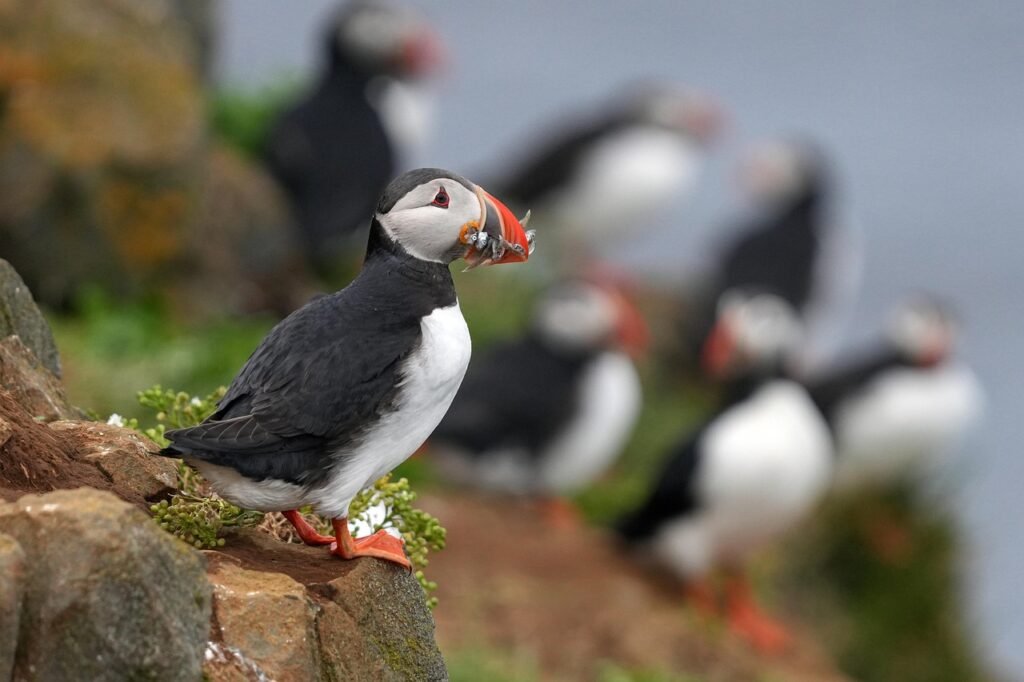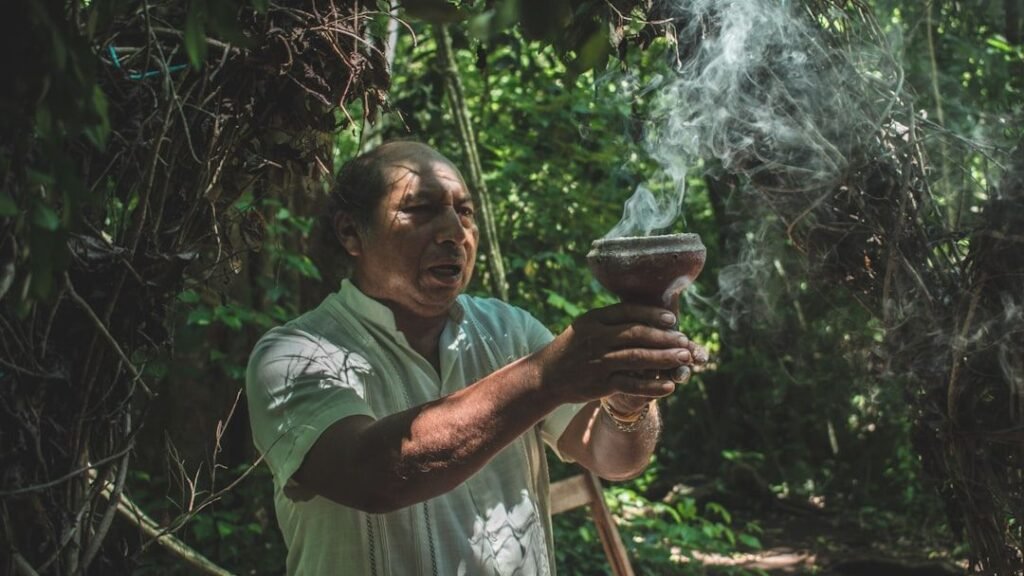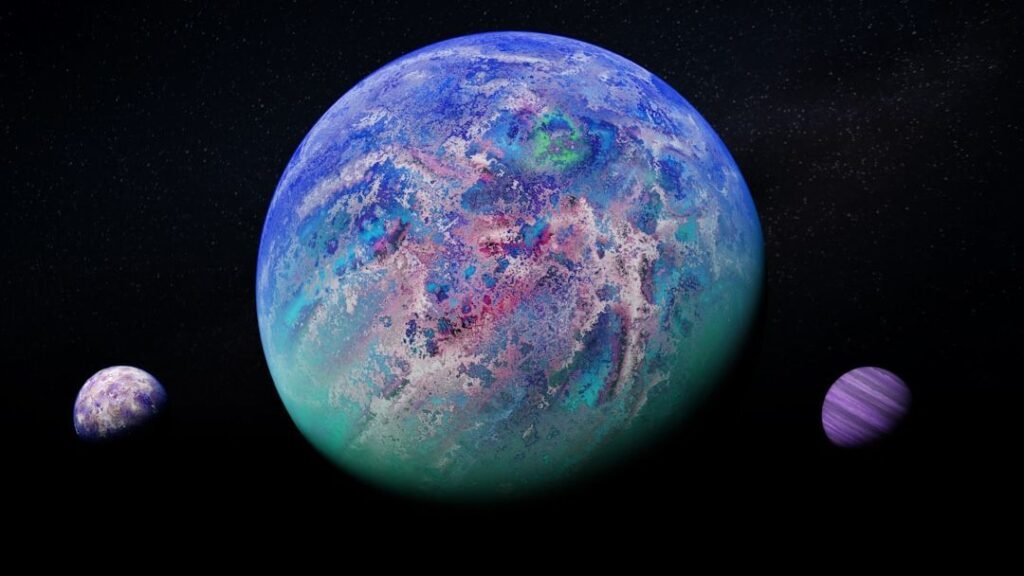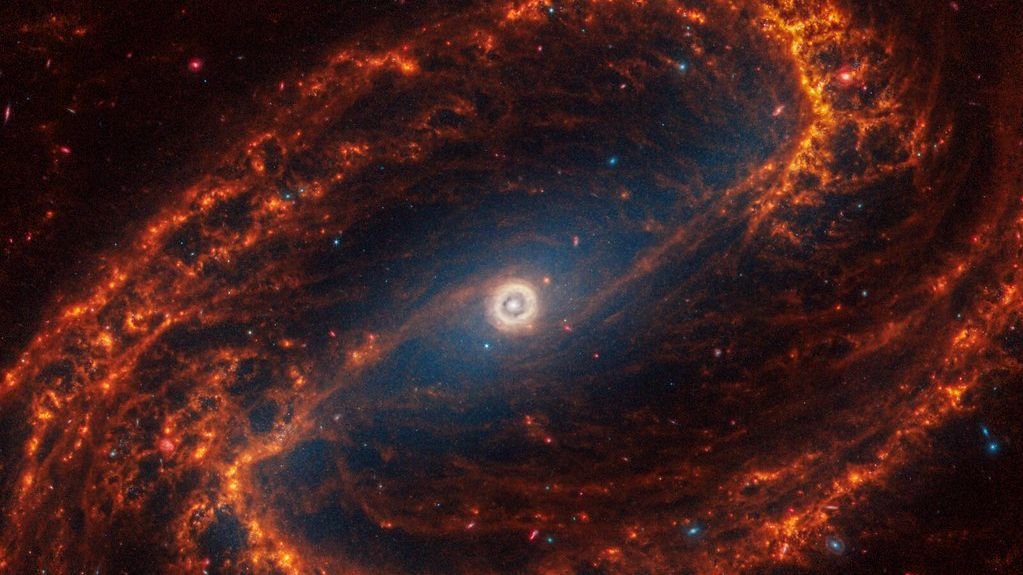Maine’s coastal waters are home to one of the most beloved seabirds in North America. The Atlantic puffin, with its distinctive colorful beak and waddling gait, has become a symbol of successful conservation. Yet beneath this success story lies a troubling reality that has researchers deeply concerned.
These remarkable birds are facing unprecedented challenges that go far beyond anything they’ve encountered before. The very environment that once supported their recovery is now changing at an alarming pace, and the signs are impossible to ignore.
Ocean Temperatures Disrupting the Food Chain

The Gulf of Maine is warming faster than 99% of the world’s ocean surface with near-constant ocean heat waves, affecting the size and quality of the marine food web. This rapid warming has created a cascade of problems that reaches every level of the marine ecosystem.
Warmer ocean waters make it harder for the birds to get the fish they need to feed themselves and feed the chicks in those rocky burrows. When water temperatures rise beyond optimal ranges, fish species that puffins depend on simply disappear to cooler depths or migrate northward.
Essential Fish Species Moving Away

One of the concerns for the future of puffins and other fish eating seabirds in the Gulf of Maine is that white hake and Atlantic herring are among the species affected by the warmer waters. These two species make up the bulk of the summer food consumed by puffins and terns.
White hake are shifting their range northward and into deeper, cooler waters where puffins will have a more difficult time catching their meals. That means puffins may need to fly farther and dive deeper to get the fish they need to survive. This increased energy expenditure leaves less energy for raising healthy chicks.
Poor Quality Replacement Fish

As traditional prey disappears, puffins are forced to adapt to whatever fish are available in warming waters. We noticed, for example, that in 2012 parent puffins brought back larger than usual butterfish for their chicks, but the chicks couldn’t swallow them because they were too wide-bodied for the chicks to consume. This feeding failure contributed to one of the worst breeding seasons on record.
Butterfish pose a problem when puffin parents bring them to their chicks, Lyons explained, because they’re deep-bodied, and the chicks have a hard time swallowing them. Nesting burrows can be littered with uneaten fish and chicks can sometimes starve, even though their parents have brought them plenty to eat.
Devastating Breeding Season Failures

The impacts on puffin reproduction have been severe and heartbreaking. Since their recolonisation, it has been typical for two-thirds of puffin chicks to be successfully raised during the nesting season. In stark contrast, only a quarter to a third survived in 2021. Researchers have described these survival rates as strikingly poor.
Lyons said breeding results from this summer’s observations of puffins are “strikingly poor.” Two years ago was “pretty good,” but “2020 was marginal, and this year was relatively catastrophic.” He attributes this to lack of good food, a direct result of warming waters caused by climate change, as well as overfishing of puffins’ preferred food fish.
Coastal Erosion Threatening Nesting Sites

Maine already is seeing signs of climate change, with sea-level rise, beach erosion, and increased temperatures. The rocky cliffs and islands where puffins nest are becoming increasingly vulnerable to these changes.
Recent studies show significant coastal erosion across Maine’s coastline, with Popham Beach among the hardest-hit areas experiencing substantial beach loss. While puffins nest on rocky islands rather than sandy beaches, these extreme erosion events demonstrate the intensity of coastal changes affecting all Maine seabird habitats.
Extreme Weather Battering Nesting Colonies

The birds faced a complex of challenges; nests were flooded by some of the heaviest rains in a hundred years, exposing chicks to cold and predators. Climate change is bringing more intense storms that can devastate entire breeding colonies during critical nesting periods.
While Maine earned top marks in 2023’s report, the state’s coastline has already been taking a beating in 2024. Two powerful and historic storms in January and one in March caused flooding during a king tide with extensive damage to roads and the working waterfront. These storm events show the increasing intensity of weather that nesting seabirds must endure.
Long-term Population Survival at Risk

Research suggests that puffins face substantial loss of nesting grounds by the end of the century due to the impacts of climate change, making it necessary to enact conservation measures, such as encouraging them to relocate to more suitable sites. The scale of this projected habitat loss is unprecedented in conservation history.
However, the long-term dangers posed by climate change – such as fatal heat waves, loss of food, loss of islands to sea level rise and inability to breed – remain existential threats to puffins and many other seabirds. These multiple stressors working together create a perfect storm for population decline.
Signs of Resilience Offer Hope

Despite the challenges, puffins have shown remarkable adaptability. The encouraging news comes as the Audubon Society is celebrating its 50th anniversary of tending to Maine’s puffin colonies, which it restored from just a few dozen pairs. There are now as many as 3,000 birds, and the population is stable.
Lyons says this has been a good food year for puffins. Though a favorite food source of herring remains low, he says a higher proportion of puffins’ diet was devoted to invertebrates, such as krill. This dietary flexibility demonstrates the species’ ability to adapt when conditions allow.
Conclusion

Maine’s puffins stand at a critical crossroads. While their population has recovered dramatically from near extinction, they now face that are more complex and potentially more devastating than any challenge they’ve overcome before. These charismatic seabirds serve as early warning indicators for the health of our marine ecosystems.
The future of puffins depends not just on local conservation efforts, but on global action to address climate change. Their struggle reminds us that even our greatest conservation successes remain vulnerable to the rapidly changing world we’re creating. What do you think about these climate impacts on Maine’s beloved puffins? Tell us in the comments.




